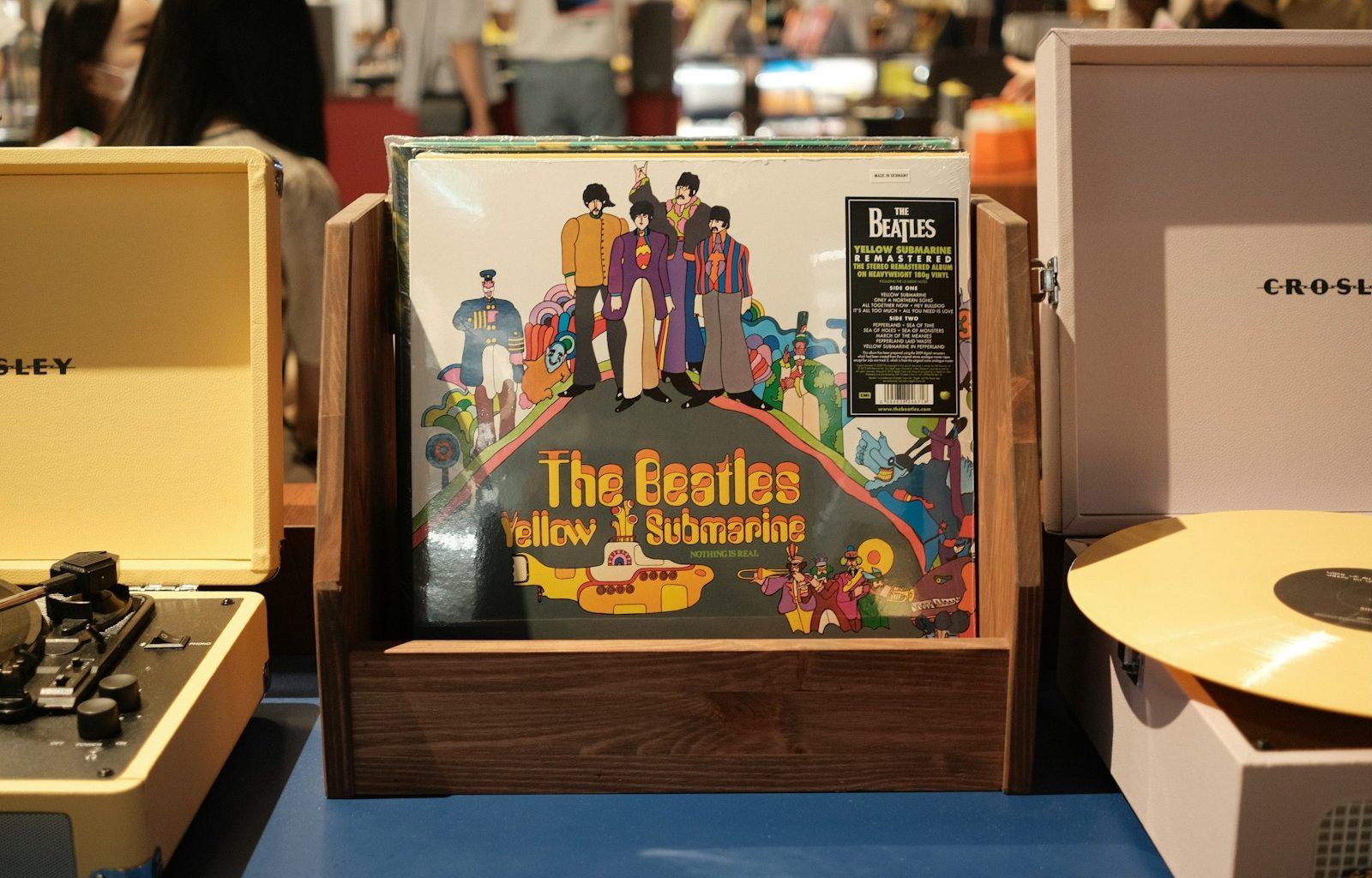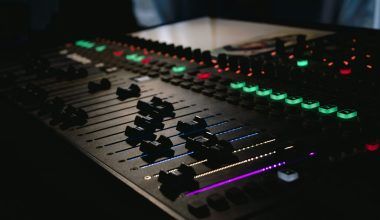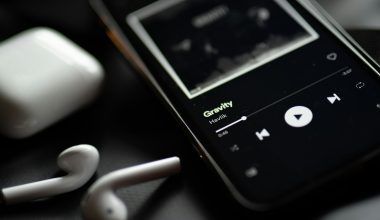Have you ever wondered what makes an album different from an EP? It’s a common question, especially for music lovers who are trying to understand the terminology used in the industry. Let’s dive in and explore this topic in a way that’s simple, relatable, and clear.
Understanding the Basics
First, let’s break it down. An album is a collection of songs that usually tells a story, sets a mood, or showcases a full body of work from an artist. On the other hand, an EP, which stands for “Extended Play,” is shorter and often contains just a handful of tracks. Think of an album as a full-course meal, while an EP is more like a satisfying snack. Both are important, but they serve different purposes.
Albums: The Full Experience
Albums have been around for decades and are typically considered the cornerstone of an artist’s career. They usually have a runtime of 30 minutes or more and contain anywhere from 8 to 20 tracks or more. Albums give artists a chance to express themselves fully, creating a cohesive piece of art. For fans, listening to an album can feel like going on a journey with the artist.
For example, legendary albums like The Beatles’ Sgt. Pepper’s Lonely Hearts Club Band or Beyoncé’s Lemonade are celebrated because they’re not just collections of songs—they’re experiences. Every track adds to the overall theme or narrative, making the album feel like a complete package.
EPs: The Bite-Sized Option
In contrast, EPs are shorter and more focused. Typically, an EP contains 3 to 7 songs and has a total runtime of under 30 minutes. Artists often release EPs to give fans a taste of what’s to come or to experiment with new styles. EPs are great for introducing new artists or maintaining engagement between larger projects.
For instance, an indie band might release an EP to build buzz before their debut album. Or, a well-known artist might drop an EP to try out a different genre. Either way, EPs are a versatile tool in the music world.
Why Length Matters
The primary difference between an album and an EP lies in their length. Albums are longer, giving more room for variety and exploration. EPs, on the other hand, are concise. This difference isn’t just about numbers; it’s about purpose.
Imagine going to a concert. An album is like the full show, complete with an opening act, an encore, and everything in between. An EP, though, feels more like a short, intimate set—still powerful, but more to the point.
Purpose and Strategy
Artists don’t just randomly choose to release an album or an EP. The decision is often part of a larger strategy. An album might be used to make a major statement, while an EP could be a way to keep fans excited during a creative break.
For new artists, EPs are an excellent way to showcase their talent without committing to a full-length project. Established artists might use EPs to experiment without the pressure of creating a full album. This flexibility is why EPs have become so popular in recent years.
Production Differences
The production process also varies between albums and EPs. Albums usually take more time, money, and effort to produce. They often involve multiple recording sessions, collaborations, and months of planning. EPs, by contrast, can be quicker and less expensive to create.
This doesn’t mean that EPs are less valuable, though. Many iconic EPs have had a huge impact, proving that quality matters more than quantity.
Streaming and the Rise of EPs
In today’s digital age, streaming platforms like Spotify and Apple Music have changed how we consume music. Shorter projects, like EPs, fit perfectly into the streaming era because they’re easy to listen to in one sitting. Albums are still important, but the rise of EPs shows how the music industry is adapting to changing habits.
Fan Engagement
One of the reasons EPs have gained popularity is because they help artists stay connected with their audience. By releasing shorter projects more frequently, artists can keep their fans engaged. Albums, while impactful, often take longer to produce. EPs fill the gaps, ensuring that fans don’t have to wait too long for new music.
How to Decide: Album or EP?
If you’re an artist, deciding between an album and an EP depends on your goals. Do you have a big story to tell? Go for an album. Are you testing the waters or building anticipation? An EP might be the way to go. For listeners, understanding these differences can deepen your appreciation for the music you love.
Final Thoughts
So, what is the difference between an album and an EP? In short, it’s about length, purpose, and strategy. Albums are comprehensive, offering a full artistic vision, while EPs are shorter, focused, and often experimental. Both are valuable in their own way, and understanding the distinction can help you enjoy music on a whole new level.
For further reading, explore these related articles:
- Taylor Swift Spotify Streams: How She Became the Queen of Streaming
- Mo Bamba Lyrics: The Story of a Song That Took the World by Storm
For additional resources on music marketing and distribution, visit DMT Records Pvt. Ltd..






